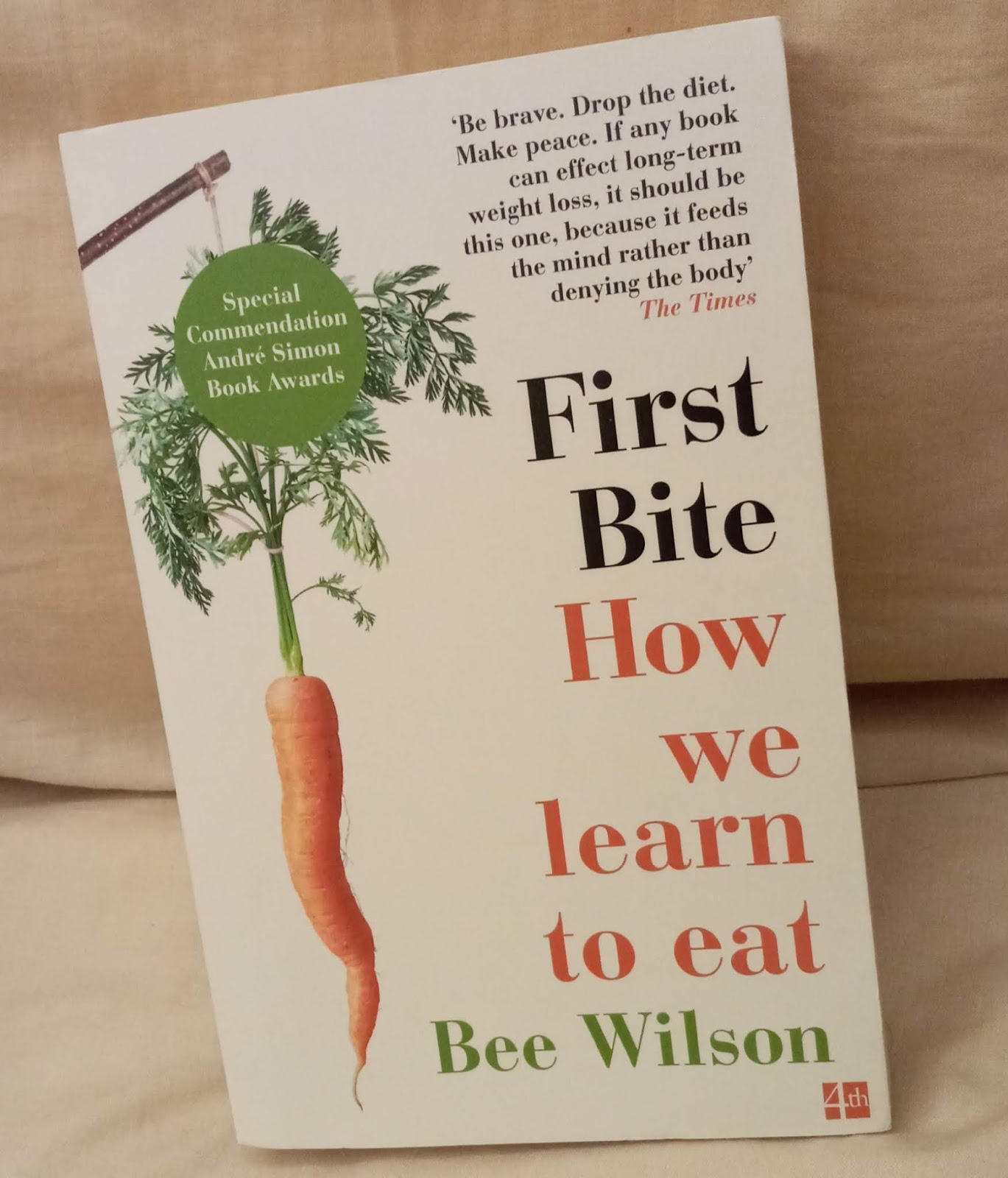

In First Bite, award-winning food writer Bee Wilson draws on the latest research from food psychologists, neuroscientists, and nutritionists to reveal that our food habits are shaped by a whole host of factors: family and culture, memory and gender, hunger and love. But how does this education happen? What are the origins of taste? We learn to enjoy green vegetables - or not. From childhood onward, we learn how big a “portion” is and how sweet is too sweet. We are not born knowing what to eat as omnivores it is something we each have to figure out for ourselves. Recommendations from the African Diaspora.Workman Publishing Arrow Icon Arrow icon.Little, Brown Books for Young Readers Arrow Icon Arrow icon.Little, Brown and Company Arrow Icon Arrow icon.Hachette Nashville Arrow Icon Arrow icon.Grand Central Publishing Arrow Icon Arrow icon.This article was originally published with the title "Book Review First Bite" in SA Mind 27, 1, 68-69 (January 2016)ĭoi:10.
#Bee wilson first bite how to
Notably the book offers all of us Pringles fiends and Hostess hounds a chance at redemption with sage advice on how to quit junk-food addictions and change even the most ingrained eating habits. She injects some levity into these weighty discussions, however, when she describes how she would often blitz through tubs of ice cream as a teenager.įirst Bite is a worthy read that provides sharp insights into how our tastes evolve. At times, Wilson's critique feels cloying, beating on overdone consumer health tropes, including the obesity epidemic and the pitfalls of a “Western” diet. Being open to new food experiences is a start. She explains how they develop-largely as a result of the food environment in which we learn to eat-and how we can overcome them. In addition to describing such dire disordered eating, Wilson devotes a lot of space to more basic everyday bad habits. Wilson describes one woman who made her choice of college based on the fact that the school cafeteria served plain pizza without the taint of oregano or spice. In the most extreme cases, picky eating can lead to a lasting fear of certain foods, which can consume people's life. In fact, Wilson claims, an estimated 25 percent of all adults never grow out of their childhood food fussiness. Studies reveal that we acquire new tastes through “mere exposure,” a process that boils down to a tendency to learn to like new things by trying them repeatedly.Īlthough certain foods may always taste particularly acrid to a subset of genetic supertasters, people's belief that tastes cannot be changed can dissuade them from sampling new foods and lead to bad or selective eating habits. A child will often decide to dislike a certain food before trying it because it may look or smell different from foods he or she already eats. Learning to like new foods is largely a consequence of familiarity, Wilson says. For instance, most babies will stick their tongue out, spit or even cry when confronted with a bitter taste, although many will grow up to savor a pint of India pale ale or a cup of French roast coffee. Genetic differences may determine how we taste foods, even how much we enjoy eating, but the environment in which we learn to eat ultimately shapes our dietary habits. In First Bite, she details the complex, often fraught relationship humans have with food and explores why, for some of us, eating can go so wrong. By the time we turn 18, we have each had some 33,000 unique learning experiences with food, Wilson estimates. We also learn by watching others eat-at home, at school and on TV.

As children, we do not simply learn what we like and dislike by putting new foods in our mouth. Every bite forms a memory, and the most powerful ones are the first, says food writer Wilson.


 0 kommentar(er)
0 kommentar(er)
